 Opera Limited, which is leading provider of web browsers and digital content discovery platforms, announced terms for its US IPO on Friday.
Opera Limited, which is leading provider of web browsers and digital content discovery platforms, announced terms for its US IPO on Friday.
The Oslo, Norway-based company plans to raise $106 million by offering 9.6 million shares at a price range of $10 to $12. At the midpoint of the proposed range, Opera Limited would command a fully diluted market value of $1.3 billion.
Opera Limited was founded in 2016 and booked $148 million in revenue for the 12 months ended March 31, 2018. It plans to list on the Nasdaq under the symbol OPRA. CICC and Citi are the joint bookrunners on the deal. No pricing terms were disclosed.
The article Norwegian internet browser company Opera Limited sets terms for $106 million US IPOoriginally appeared on IPO investment manager Renaissance Capital’s web site renaissancecapital.com.
Investment Disclosure: The information and opinions expressed herein were prepared by Renaissance Capital’s research analysts and do not constitute an offer to buy or sell any security. Renaissance Capital’s Renaissance IPO ETF (symbol: IPO) , Renaissance International ETF (symbol: IPOS) , or separately managed institutional accounts may have investments in securities of companies mentioned.


 The Trump administration has signed off on sweeping new sanctions against Russia following a near-fatal nerve agent attack against British citizen and former Russian spy Sergei Skripal, a move that could hit hundreds of millions of dollars worth of Russian state imports.
The Trump administration has signed off on sweeping new sanctions against Russia following a near-fatal nerve agent attack against British citizen and former Russian spy Sergei Skripal, a move that could hit hundreds of millions of dollars worth of Russian state imports.
 US Secretary of Defense James Mattis thanked the Norwegian leadership for its readiness to deploy up to 700 US Marines Corps on the territory of the Kingdom,TASS reported.
US Secretary of Defense James Mattis thanked the Norwegian leadership for its readiness to deploy up to 700 US Marines Corps on the territory of the Kingdom,TASS reported.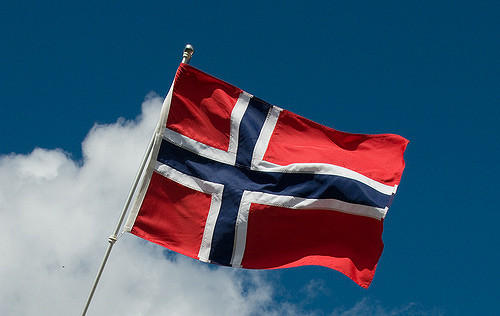
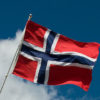 Norway on Saturday reconfirmed its commitment to gradually increase defense spending to two percent of GDP in the North Atlantic Treaty Organization (NATO) during a visit by U.S. Secretary of Defense James Mattis to the Nordic country, China media reported.
Norway on Saturday reconfirmed its commitment to gradually increase defense spending to two percent of GDP in the North Atlantic Treaty Organization (NATO) during a visit by U.S. Secretary of Defense James Mattis to the Nordic country, China media reported.
 Donald Trump has thrown down the gauntlet, warning that any businesses trading with Iran would not be allowed to trade with the US.
Donald Trump has thrown down the gauntlet, warning that any businesses trading with Iran would not be allowed to trade with the US.
 Delegation of the European Union (EU) to Sri Lanka and diplomatic missions of Canada and Norway have strongly and unequivocally opposed capital punishment in all circumstances and in all cases.
Delegation of the European Union (EU) to Sri Lanka and diplomatic missions of Canada and Norway have strongly and unequivocally opposed capital punishment in all circumstances and in all cases.
 Norway’s Ambassador to Greece, Jorn Gjelstad, said on Wednesday he was shocked by the deaths caused by the blaze that burned the largest part of a coastal town in eastern Attica this week.
Norway’s Ambassador to Greece, Jorn Gjelstad, said on Wednesday he was shocked by the deaths caused by the blaze that burned the largest part of a coastal town in eastern Attica this week.
 The Norwegian investment fund for developing countries (Norfund) has set up a $10 million kitty to support small businesses in Somalia.
The Norwegian investment fund for developing countries (Norfund) has set up a $10 million kitty to support small businesses in Somalia.
 A Sri Lankan girl has been named among nineteen young activists who are recipients of 2018 International Young Eco-Hero Awards for their impactful environmental projects addressing climate change, energy conservation, wildlife protection, landfill waste, and water pollution.
A Sri Lankan girl has been named among nineteen young activists who are recipients of 2018 International Young Eco-Hero Awards for their impactful environmental projects addressing climate change, energy conservation, wildlife protection, landfill waste, and water pollution.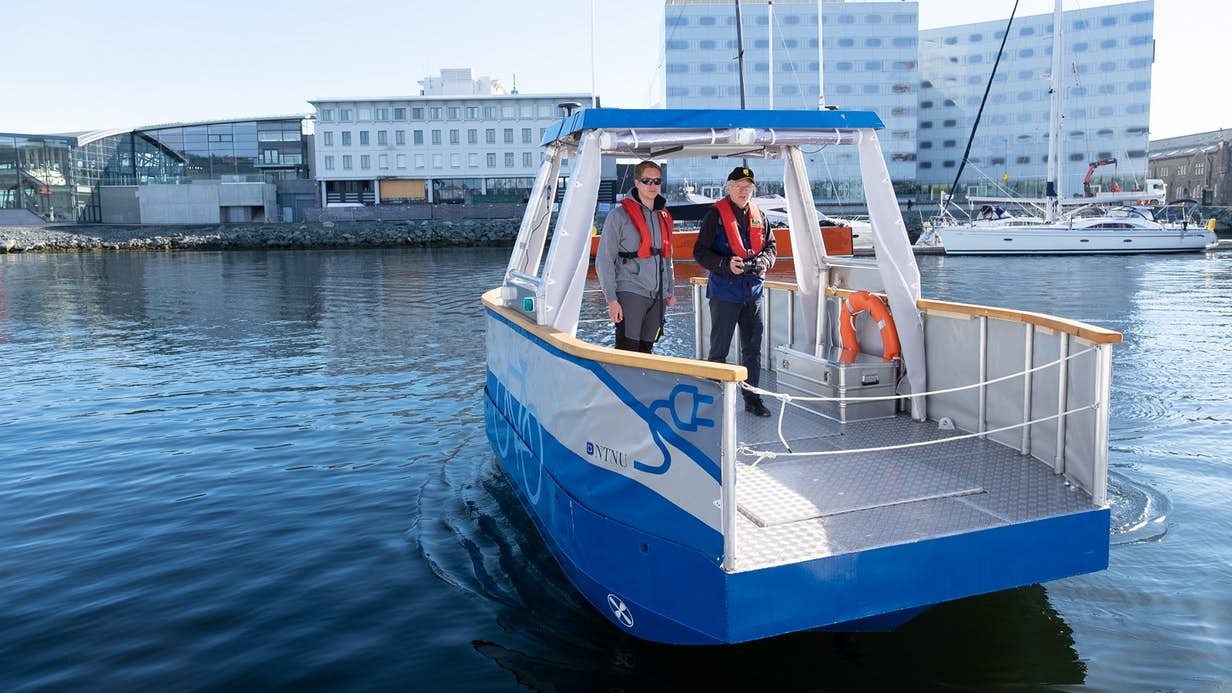
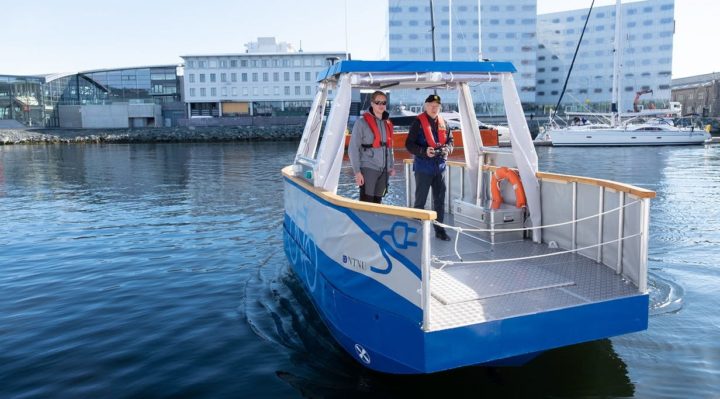 Pedestrians and cyclists in the Norwegian city of Trondheim may soon have a quicker option for crossing the canal between the Ravnkloa fish market and the Vestre Kanalhavn dock. Engineers are developing an autonomous electric ferry that could be summoned like an elevator.
Pedestrians and cyclists in the Norwegian city of Trondheim may soon have a quicker option for crossing the canal between the Ravnkloa fish market and the Vestre Kanalhavn dock. Engineers are developing an autonomous electric ferry that could be summoned like an elevator.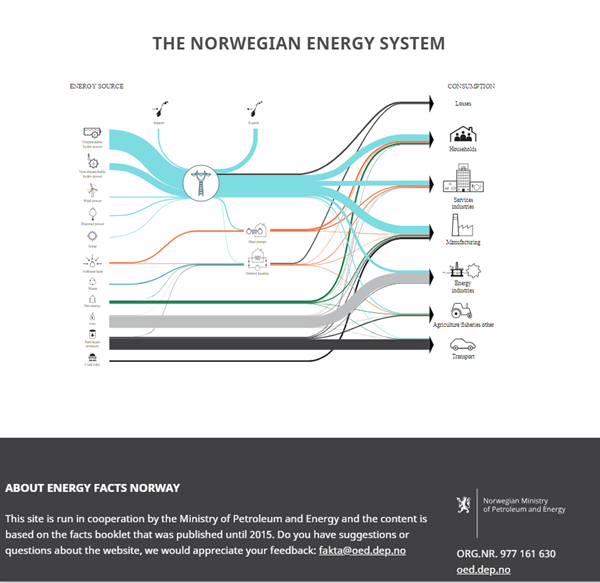
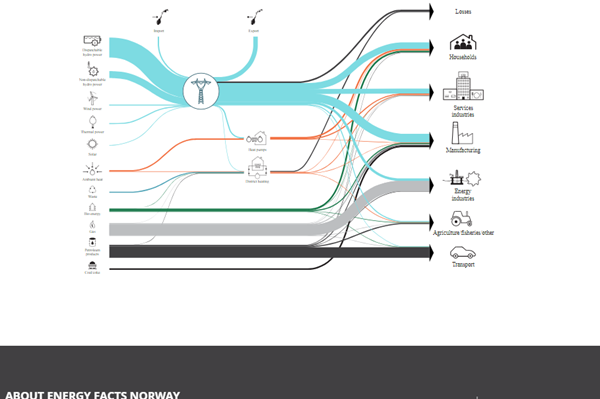
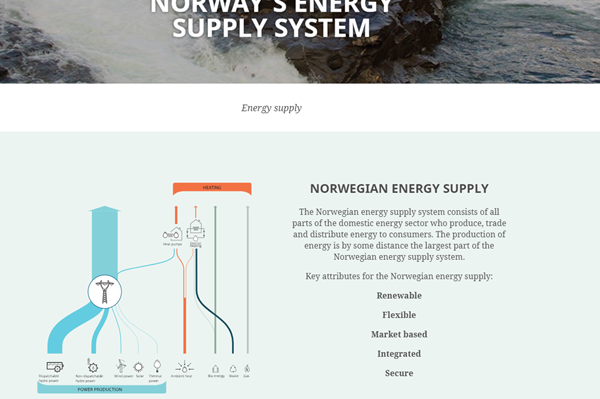

 The cash pot, announced this week, will be spent on expanding an Interpol taskforce to investigate the gangs that drive illegal deforestation
The cash pot, announced this week, will be spent on expanding an Interpol taskforce to investigate the gangs that drive illegal deforestation
 Action For Nature is proud to announce our 2018 International Young Eco-Hero Awards, which recognize young people 8 to 16 years old for their environmental achievements. We hope the accomplishments of these outstanding young people will inspire many others to preserve and protect the Earth upon which all life depends.
Action For Nature is proud to announce our 2018 International Young Eco-Hero Awards, which recognize young people 8 to 16 years old for their environmental achievements. We hope the accomplishments of these outstanding young people will inspire many others to preserve and protect the Earth upon which all life depends.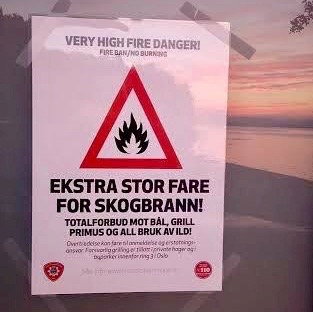
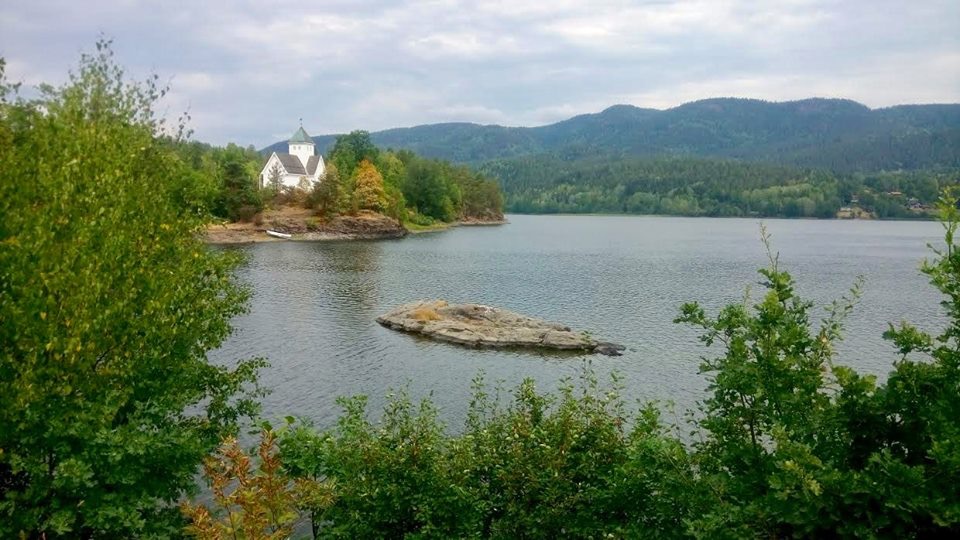 Taiwan shaped Islet appears next to Eidsfoss Church, Norway, as hot weather and no rain since May has lowered the surface of the lake. The church was built in 1904
Taiwan shaped Islet appears next to Eidsfoss Church, Norway, as hot weather and no rain since May has lowered the surface of the lake. The church was built in 1904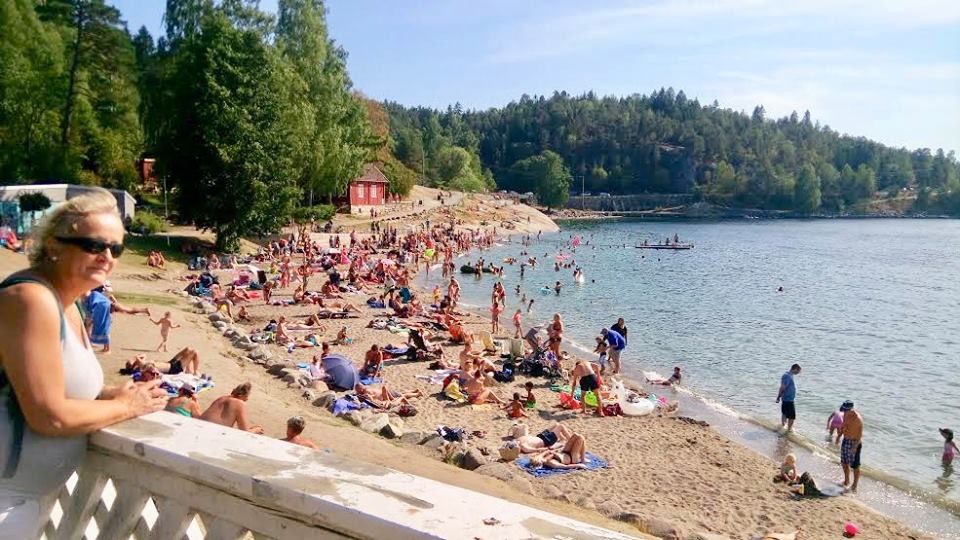 Photo July 26, from Hvervenbukta, Oslo.
Photo July 26, from Hvervenbukta, Oslo.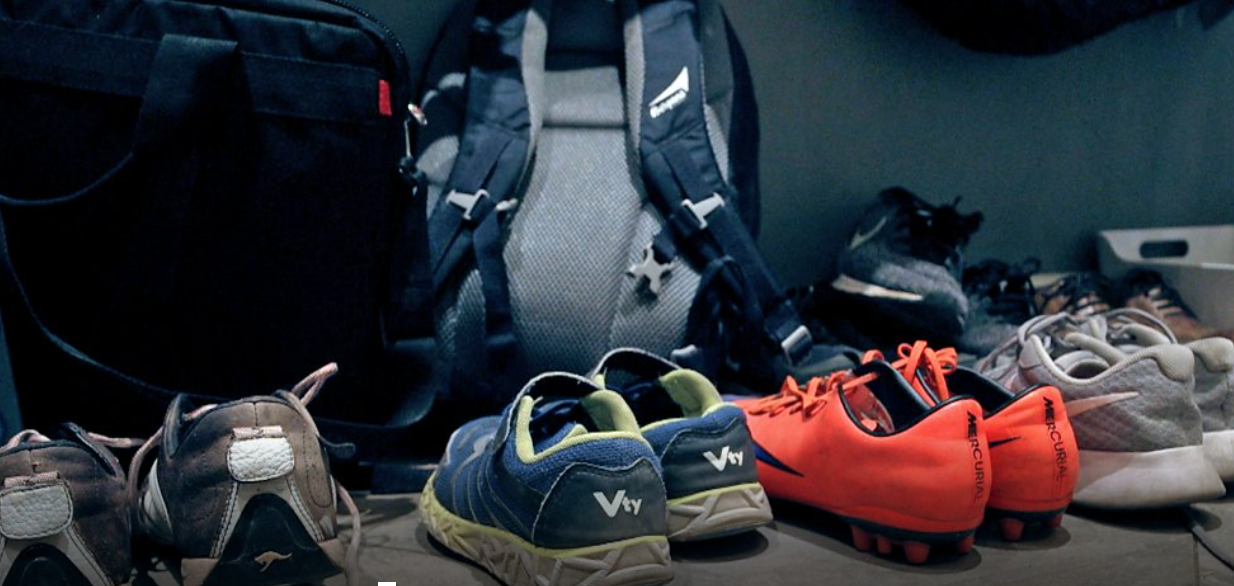
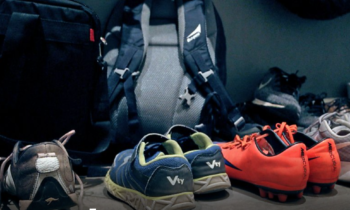 The conviction for child porn of a prominent expert in Norway’s troubled child protection system has put the organisation under scrutiny once again.
The conviction for child porn of a prominent expert in Norway’s troubled child protection system has put the organisation under scrutiny once again.
 Details of a new investigation by Global Witness, has this week revealed systemic illegal logging by a major European company in the Democratic Republic of Congo, while Norway and France are on the brink of funding expansion of the country’s industrial logging sector.
Details of a new investigation by Global Witness, has this week revealed systemic illegal logging by a major European company in the Democratic Republic of Congo, while Norway and France are on the brink of funding expansion of the country’s industrial logging sector.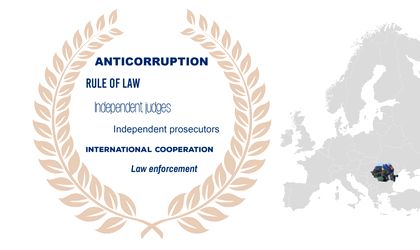
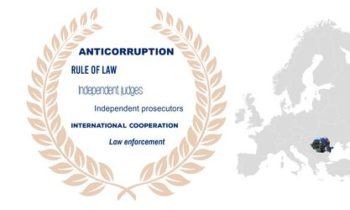 The United States, Belgium, Canada, Denmark, Finland, France, Germany, Luxembourg, the Netherlands, Norway, Sweden, and Switzerland have launched a joint call for Romania to avoid changes to criminal law that could weaken the rule of law or the anti-corruption fight.
The United States, Belgium, Canada, Denmark, Finland, France, Germany, Luxembourg, the Netherlands, Norway, Sweden, and Switzerland have launched a joint call for Romania to avoid changes to criminal law that could weaken the rule of law or the anti-corruption fight.
 Norwegian cross-country skier Vibeke Skofterud, an Olympic gold medallist and double world champion in relay, has died in a jet-ski accident at 38, Norwegian authorities said.
Norwegian cross-country skier Vibeke Skofterud, an Olympic gold medallist and double world champion in relay, has died in a jet-ski accident at 38, Norwegian authorities said.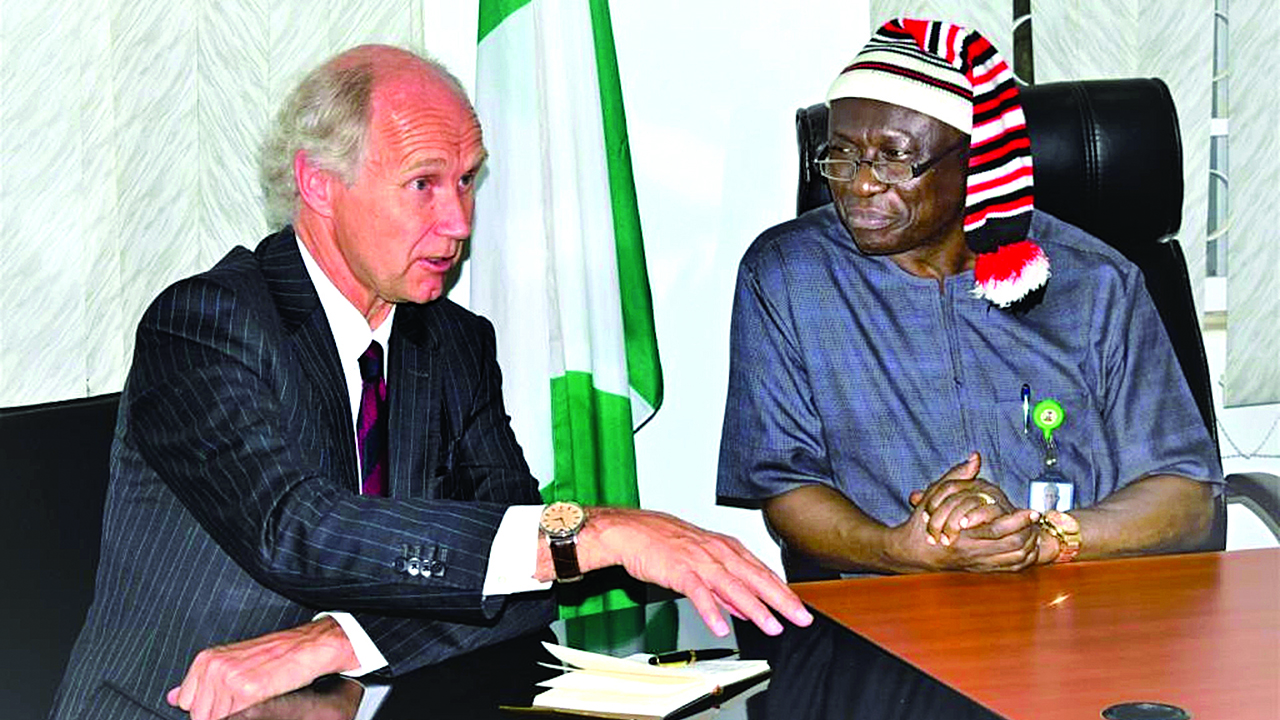
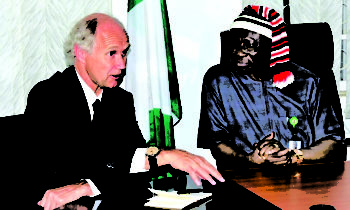 In a bid to further strengthen the money spinning industry and create jobs, the Nigeria Film Corporation has reaffirmed its commitment to partner with Norway and develop their film industries, which bear some similarities in terms of the role they play as tools for change and social re-engineering.
In a bid to further strengthen the money spinning industry and create jobs, the Nigeria Film Corporation has reaffirmed its commitment to partner with Norway and develop their film industries, which bear some similarities in terms of the role they play as tools for change and social re-engineering.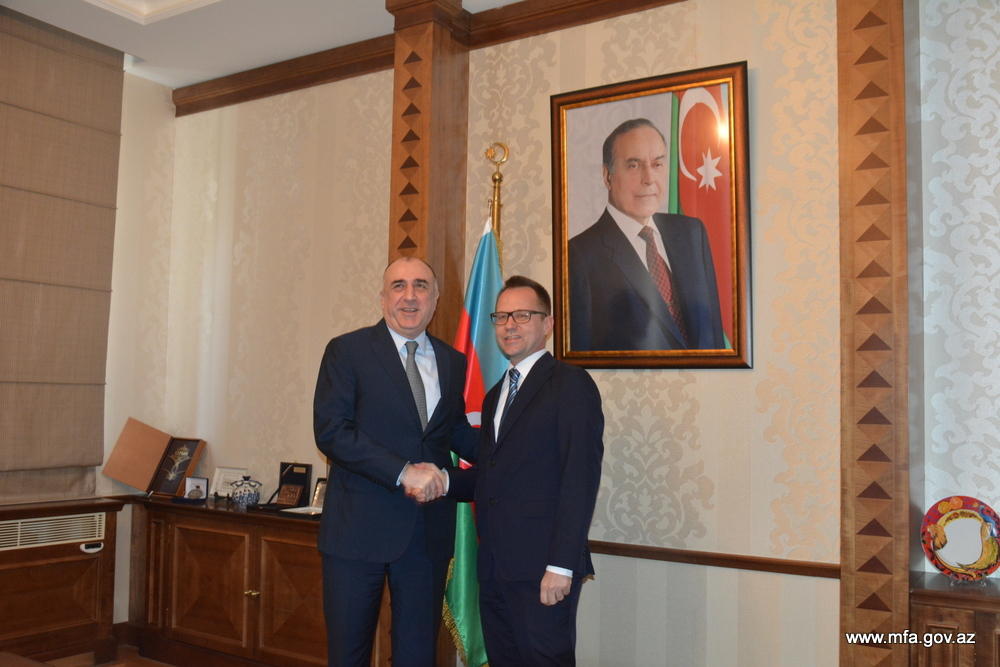
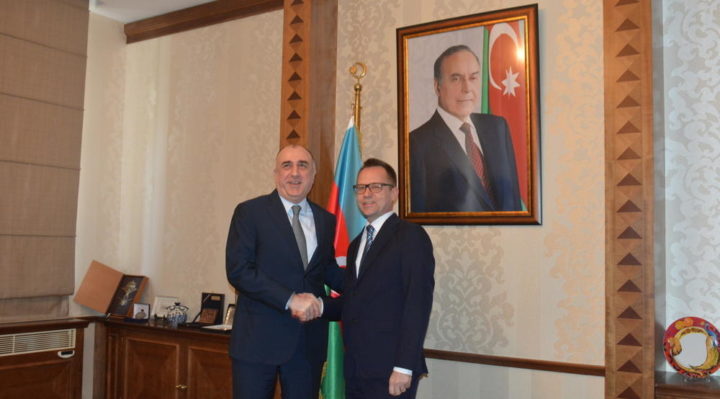 Azerbaijani Foreign Minister Elmar Mammadyarov has received Ambassador of Norway Bard Ivar Svendsen in connection with the completion of his diplomatic mission in Azerbaijan, the Azerbaijani Foreign Ministry said in a message June 28.
Azerbaijani Foreign Minister Elmar Mammadyarov has received Ambassador of Norway Bard Ivar Svendsen in connection with the completion of his diplomatic mission in Azerbaijan, the Azerbaijani Foreign Ministry said in a message June 28.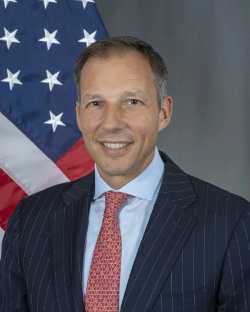
 Assistant Secretary Fannon: Yes. We very much welcome Greece’s work to diversify via LNG terminals as well as other critical infrastructure, especially the Interconnector Greece-Bulgaria, and the Vertical Corridor. These are critical steps to diversify and also creates a significant opportunity for Greece as it sits at a geographic competitive advantage to be really the doorway to export gas from Greece throughout the region.
Assistant Secretary Fannon: Yes. We very much welcome Greece’s work to diversify via LNG terminals as well as other critical infrastructure, especially the Interconnector Greece-Bulgaria, and the Vertical Corridor. These are critical steps to diversify and also creates a significant opportunity for Greece as it sits at a geographic competitive advantage to be really the doorway to export gas from Greece throughout the region.
 The first interstate council has weighed in on oil drilling in the Great Australian Bight after 11 South Australian local governments have voted their opposition to risky ultra-deepwater drilling in Australia’s southern seas.
The first interstate council has weighed in on oil drilling in the Great Australian Bight after 11 South Australian local governments have voted their opposition to risky ultra-deepwater drilling in Australia’s southern seas.
 Norway is interested in developing cooperation with Ukraine in the field of energy efficiency.
Norway is interested in developing cooperation with Ukraine in the field of energy efficiency.
 The top U.S. Air Force officer in Europe said Wednesday that his command is examining how military sites are spread out across Europe as part of a review to identify potential vulnerabilities.
The top U.S. Air Force officer in Europe said Wednesday that his command is examining how military sites are spread out across Europe as part of a review to identify potential vulnerabilities. The Pentagon could soon be required to consider basing more servicemembers there and elsewhere in Europe, in keeping with pending federal legislation that calls for a military study.
The Pentagon could soon be required to consider basing more servicemembers there and elsewhere in Europe, in keeping with pending federal legislation that calls for a military study. General Wolters: A great question and the first response I’ve got to offer is certainly that’s a decision that the German government and the German military should need to consider heavily. And we offer a wide array of selections that I think they should consider. And as we press forward in NATO what we continue to dialogue back and forth about is the tremendous relationship that exists between the German government, the U.S. government, the German military and the U.S. military. What I would advocate for is those contributions should enhance our ability to improve indications and warnings, to improve command and control, and to improve mission command. And I would just recommend that the German military looks at those three areas, and they have certainly been busy in doing so, and I’m absolutely positively convinced when it’s time for them to make the decision, whatever decision they make it will certainly enhance NATO’s ability to improve command and control indications and warnings and mission command.
General Wolters: A great question and the first response I’ve got to offer is certainly that’s a decision that the German government and the German military should need to consider heavily. And we offer a wide array of selections that I think they should consider. And as we press forward in NATO what we continue to dialogue back and forth about is the tremendous relationship that exists between the German government, the U.S. government, the German military and the U.S. military. What I would advocate for is those contributions should enhance our ability to improve indications and warnings, to improve command and control, and to improve mission command. And I would just recommend that the German military looks at those three areas, and they have certainly been busy in doing so, and I’m absolutely positively convinced when it’s time for them to make the decision, whatever decision they make it will certainly enhance NATO’s ability to improve command and control indications and warnings and mission command.
 Norwegian media reports that Patria products from Finland have been spotted in use during Yemen’s brutal civil war.
Norwegian media reports that Patria products from Finland have been spotted in use during Yemen’s brutal civil war.